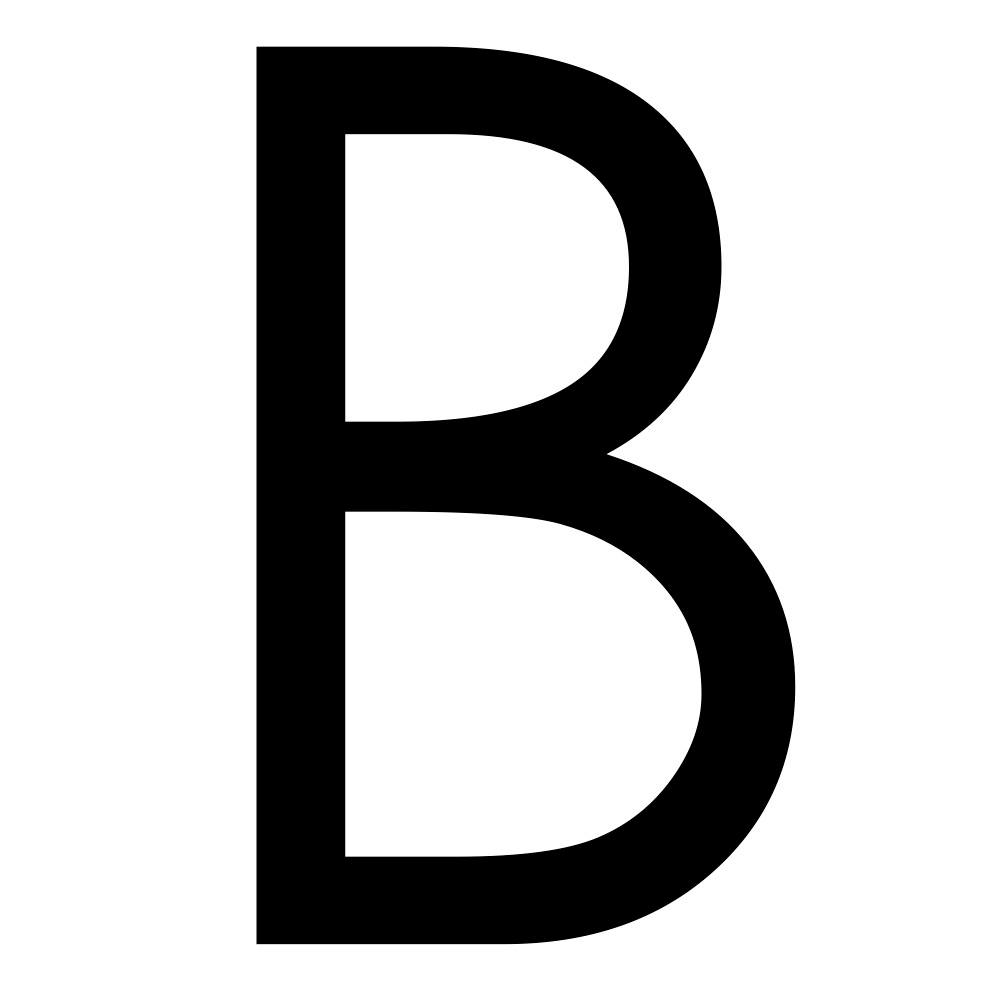
Here is Federico García Lorca's Romance Sonámbulo, which was published in his collection Romancero Gitano in 1928. Here is some vocabulary you may want to learn before reading it. There's a little explanation of the poem at the bottom of the page.
Vocabulary:
Sombra - Shade / shadow
Baranda - Balcony
Plata - Silver
Escarcha - Frost
Alba - Dawn
Higuera - Fig tree
Lija - Sandpaper
Gato garduño - It's a specific type of cat
Erizar - To bristle
Compadre - Mate / pal
Trato - Deal
Herida - Wound
Rezumar - To leak / to ooze
Faja - Sash
Lágrimas - Tears
Hojalata - Tinplate
Pandero - Tambourine / hand drum
Hiel - Bile
Carámbano - Icicle
Also, if you need a dictionary, here are some suggestions.
Finally, here is the poem:
Verde que te quiero verde.
Verde viento. Verdes ramas.
El barco sobre la mar
y el caballo en la montaña.
Con la sombra en la cintura
ella sueña en su baranda,
verde carne, pelo verde,
con ojos de fría plata.
Verde que te quiero verde.
Bajo la luna gitana,
las cosas la están mirando
y ella no puede mirarlas.
Verde que te quiero verde.
Grandes estrellas de escarcha
vienen con el pez de sombra
que abre el camino del alba.
La higuera frota su viento
con la lija de sus ramas,
y el monte, gato garduño,
eriza sus pitas agrias.
¿Pero quién vendra? ¿Y por dónde...?
Ella sigue en su baranda,
Verde carne, pelo verde,
soñando en la mar amarga.
—Compadre, quiero cambiar
mi caballo por su casa,
mi montura por su espejo,
mi cuchillo per su manta.
Compadre, vengo sangrando,
desde los puertos de Cabra.
—Si yo pudiera, mocito,
este trato se cerraba.
Pero yo ya no soy yo,
ni mi casa es ya mi casa.
—Compadre, quiero morir
decentemente en mi cama.
De acero, si puede ser,
con las sábanas de holanda.
¿No ves la herida que tengo
desde el pecho a la garganta?
—Trescientas rosas morenas
lleva tu pechera blanca.
Tu sangre rezuma y huele
alrededor de tu faja.
Pero yo ya no soy yo,
ni mi casa es ya mi casa.
—Dejadme subir al menos
hasta las altas barandas;
¡dejadme subir!, dejadme,
hasta las verdes barandas.
Barandales de la luna
por donde retumba el agua.
Ya suben los dos compadres
hacia las altas barandas.
Dejando un rastro de sangre.
Dejando un rastro de lágrimas.
Temblaban en los tejados
farolillos de hojalata.
Mil panderos de cristal
herían la madrugada.
Verde que te quiero verde,
verde viento, verdes ramas.
Los dos compadres subieron.
El largo viento dejaba
en la boca un raro gusto
de hiel, de menta y de albahaca.
¡Compadre! ¿Donde está, díme?
¿Donde está tu niña amarga?
¡Cuántas veces te esperó!
¡Cuántas veces te esperara,
cara fresca, negro pelo,
en esta verde baranda!
Sobre el rostro del aljibe
se mecía la gitana.
Verde carne, pelo verde,
con ojos de fría plata.
Un carámbano de luna
la sostiene sobre el agua.
La noche se puso íntima
como una pequeña plaza.
Guardias civiles borrachos
en la puerta golpeaban.
Verde que te quiero verde.
Verde viento. Verdes ramas.
El barco sobre la mar.
Y el caballo en la montaña.
*****************************
What's the meaning of the poem? The scene depicts a badly wounded young gypsy man who is asking the father of a young gypsy lady for permission to go into the house and see her, and then be able to die peacefully in a bed. The old man keeps answering that that's impossible, since he is not himself anymore, nor is his house now his house. The young lady's father laments how she waited for the young man for a long time in the balcony, when she still had black hair and a fresh face. From the line "green flesh, green hair, with eyes of cold silver" we can infer that the young lady is now dead. The poem ends with some drunk Guardias Civiles violently knocking on the door of the house, although we don't know for sure if they are chasing the young man or if they are just harassing the gypsies. It's very tragic, but it's a beautiful poem, isn't it?

Berges Institute is the fastest-growing language school for adults in the US, Europe, and India.